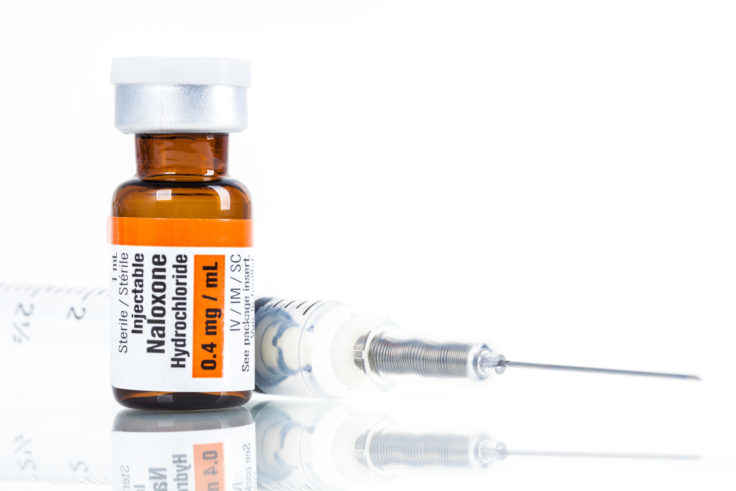Legality of Expired Naloxone in North Carolina
January 28, 2022
Overview
Drug overdose is a nationwide epidemic that claimed the lives of over 100,000 people in the United States in the past year alone. Opioids, either alone or in combination with other drugs or alcohol, were responsible for approximately 70% of these deaths. Many of those 70,000 people would be alive today if they had been administered the opioid antagonist naloxone and, where needed, other emergency care. In light of the ongoing crisis, all fifty states and the District of Columbia have modified their laws to increase access to naloxone, the standard first-line treatment for opioid overdose.

While these laws have been successful in increasing access to this lifesaving medication, few explicitly address the legality of distributing and administering naloxone that is past its expiration date. As many governmental and non-governmental organizations increasingly have stocks of such expired naloxone, it is important to determine whether that naloxone may be distributed to individuals or organizations that are able to utilize it. This is especially true considering the unprecedented shortage of injectable naloxone that has been plaguing the country since early 2021.
This fact sheet briefly discusses the efficacy of expired naloxone and examines whether North Carolina law permits the distribution and administration of such naloxone. We conclude that, while North Carolina law limits or prohibits the use and distribution of expired medications by pharmacies, emergency medical services, and some other organizations, it is silent on the distribution of expired naloxone by harm reduction organizations and the administration of expired naloxone by laypersons. Further, we find that the criminal and civil immunity provided in the state naloxone’s access law likely applies to the provision and use of expired naloxone to the same extent it applies to non-expired naloxone.



